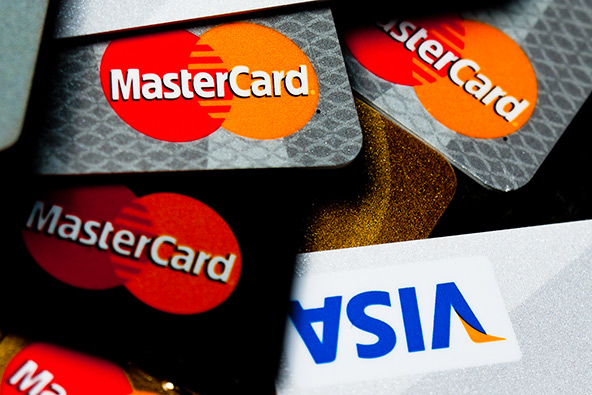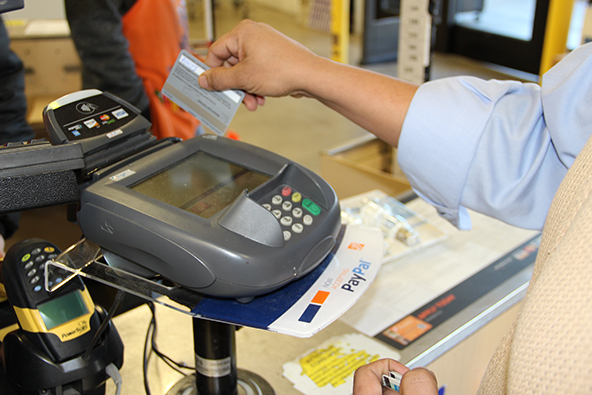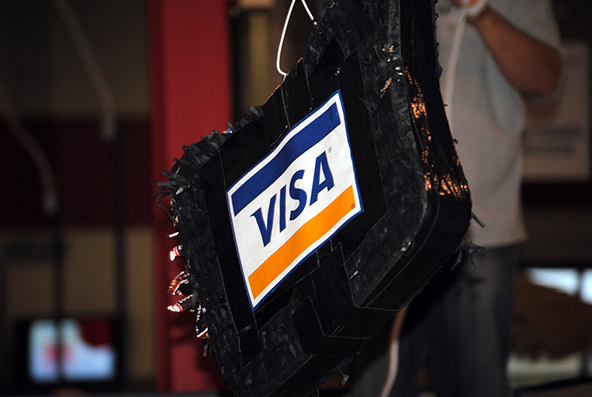How to Increase Profits by Changing Your Merchant Account Set-Up

I’ve been meaning to write on this topic for quite some time, but it took one of the merchants I’ve worked with over the past month or so to help give me the final push I seem to have needed. Well, it is also the case that I always felt this to be a subject better suited for accountants and lawyers to give advice on than for a merchant account specialist. But, while I still feel that way, I now believe that, by giving you my perspective, I can help you present your legal and business advisers with a fuller picture of what is possible in the payment processing world today, so that they, in turn, can give you a better advice in their own areas of expertise.
So, the topic in question is the merchant account set-up available to non-U.S.-based businesses, which sell primarily to American consumers. Now, almost by definition, such merchants fall into some high-risk category or other, even before their industry type is taken into consideration. In response, as a way to influence the risk categorization process in their favor, many international businesses choose to incorporate in the U.S. and apply for a merchant account as a U.S. corporation.
On the one hand, such a move can have its advantages in the form of lower discount rates and faster payouts, but it also inevitably leads to complications when it comes to matters of taxation and moving money out of the U.S. On balance, it often turns out that this type of set-up does not pass the cost-benefit test, leading many merchants who have implemented it to look for better alternatives. Let’s review what is on offer.
Getting the Basics Right
Before we can even talk about the type of merchant account set-up, we have to have the basics covered — otherwise, nothing will make any difference. So, your primary objective when presenting your international business to potential payment processors should be to make it appear as solid and trustworthy as possible. Of course, these are requirements with which every business, international or otherwise, should comply, but their importance is hugely amplified when dealing with service providers in different countries. It is just too easy to get things lost in translation when doing cross-border business. Domestically, it is much easier for both parties to a transaction to verify each other’s claims, even when the documentation is incomplete — you would know where to look and who to call to collect the information you may need. But doing these things in a foreign country can be much more challenging, even if you speak the language.
So, when building an international business — even if its sole international component is your customer base — make sure to obtain all of the necessary corporate paperwork, including any business licenses that may be required, and keep everything current. If your business has done charitable work, sponsored sporting or other events, keep written records. Also, keep your business and marketing plans up-to-date and presentable. You may or may not need them for business development purposes, but they will come in handy when applying for an international merchant account, as I will explain in a minute. Do the same for the CVs and r??sum??s of your business’ owners. Keep copies of your bank statements readily available, as well as a bank letter stating your account details, and make sure that you have a good working relationship with your bank. Finally, make sure that the financial statements of your business and its owners are both in order; you may need audited financials at some point down the road, but usually not if your other paperwork is in order.
There are other items that could be added to the list, but the point is that your overarching objective should be to make your business appear to be well-run and on firm legal footing to anyone who might care to look at it.
Setting up Your Merchant Account
Assuming that you have the basics reviewed in the preceding paragraphs covered, let’s examine your merchant account options. Actually, why don’t we do something better and attempt to build the ideal merchant account for you? Of course, “ideal” could mean different things to different merchants, but you’ll see what I mean.
The story of the merchant who prompted me to write on this topic is instructive and revealing. It is an e-commerce business which provides relatively low-risk services. Relatively, mind! The owner is a resident of a European country, but she had incorporated in Delaware, opened a bank account with one of the big U.S. banks and qualified for a merchant account with a mainstream domestic processor, which had given her a great discount rate and daily funding. And yet, she was dissatisfied enough to contact us and did so with specific requests: she wanted a merchant account for a company that was incorporated in a Central American country, the owner’s country of residence was located in Europe and she wanted the payouts to be deposited into a Cypriot bank account. Could we help?
Well, we looked into the paperwork very carefully and everything checked out. We then contacted an acquiring bank, which we thought was the best fit for this merchant and its response also was positive. So we proceeded with the underwriting process and soon had the merchant all set up. While it is true that our discount rate is quite a bit higher than the one the merchant used to have for their domestic account, the customized set-up nevertheless reduced their overall payment processing cost quite significantly.
The Takeaway
So I’m sure that you can see the potential here. You can now have your merchant account built around your business’ particular requirements, rather than vice versa. You no longer have to incorporate in foreign countries, just so that you can make yourself liked by a potential domestic processor. You can enjoy enormous flexibility and save money in the process. The thing, once again, is that, for all this to be possible, your paperwork will have to be in great shape.
Of course, your processing volume will also need to be high enough to make sense for a processor to get involved. It is unlikely that someone would consider doing such a complicated set-up for a business whose monthly volume is less than $100,000. If that is the case, you would have to rely on a more traditional service until you build your volume up to a sufficient size.
Image credit: Flickr / Josh Kenzer (changes have been made to the original image).


